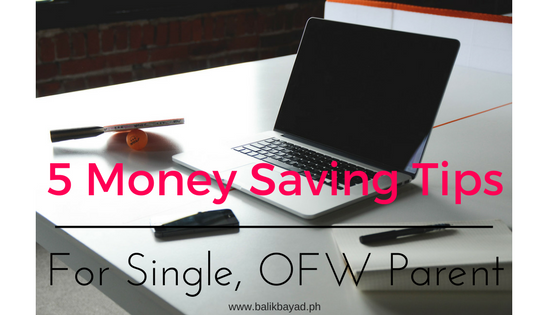Every time you open an account or apply for a loan, lenders, both banks and private financing companies will ask you this one important document: your Overseas Employment Contract.
Aside from being a mandatory requirement, this piece of paper, also known as OEC, contains crucial and pertinent information about your job abroad, including duration of the contract, basic monthly salary, and employer’s information.
What exactly is OFW’s Overseas Employment Contract? What information should it contain?
Read on to find out.
The Contents of an Overseas Employment Contract
This is crucial. OFW’s Overseas Employment Contract may vary, depending on your employer, but it should contain the following details (minimum provisions) as set forth by the Philippine Overseas Employment Administration or POEA:
- Your employer’s information, including name of the company and address overseas.
- Your information, such as name and address.
- The agency or employer’s representative in the Philippines who hired you.
- Site of employment or the country where you will be assigned.
- The duration of the contract, starting from your departure in the Philippines to the arrival in the country where you will work. OEC must also include how long your job contract will be.
- Your position or nature of work
- Basic monthly salary in accordance with the prescribed standards or guiding rates.
- Working hours for how many days per week, which should be eight hours per day and not more than six days a week. The contract must also specify your designated rest day,
- Offsetting benefits such as free food, free transportation to and from the worksite, and accommodation.
- Pay for services rendered during regular holidays, overtime work, and work rendered even during rest days.
- Employee benefits such as vacation leaves, sick leaves, medical and dental insurance, and compensation in case of sickness, accidents, injuries, or death.
- Personal life accident insurance, which is without cost to the OFW.
- Repatriation clause in case of death.
- Just causes for termination.
Things to Remember about Your OEC
- Request for a translated (Filipino) version in case the employment contract is written in foreign language.
- Read and understand all of the contents before signing. Ask questions if you need to clarify something. Once you sign the contract, you are already bound by it because you agreed to the terms written.
- Ask for a copy of the employment contract and make sure you give a copy of the same to your family. Use it as your reference or guide, especially when you will file a complaint against your employer due to unjust practices.
- Know your rights and benefits as a worker. Take note that the terms are based in the labor laws of the host country or agreement between the Philippines and the host country.
- Beware of employment contract scam. Some employers will force you to sign a different contract from what you previously signed, which contains terms not favorable to you. This is usually done either before boarding/departure or upon arrival from the site. Assert your rights as a worker.
Your Overseas Employment Contract is important. Take note of the minimum requirements set forth by POEA and remember the tips mentioned to ensure that your rights as OFW is protected.

 Admit it. No matter how much or how big you earn working overseas, it seems like the money you receive at the end of the month will never be enough. You will always feel responsible for all the expenses back home, which explains why you have to take an extra job to make ends meet.
Admit it. No matter how much or how big you earn working overseas, it seems like the money you receive at the end of the month will never be enough. You will always feel responsible for all the expenses back home, which explains why you have to take an extra job to make ends meet. Being a single parent will never be easy. Aside from playing the role of both father and mother, you also have to ensure your kids’ future. Sometimes, you are forced to accept a job offer overseas in order to provide a better life for them. While being a single parent is not easy, being a single OFW parent will never be a walk in the park as well.
Being a single parent will never be easy. Aside from playing the role of both father and mother, you also have to ensure your kids’ future. Sometimes, you are forced to accept a job offer overseas in order to provide a better life for them. While being a single parent is not easy, being a single OFW parent will never be a walk in the park as well.